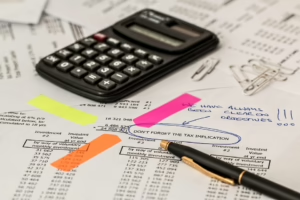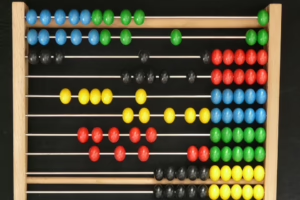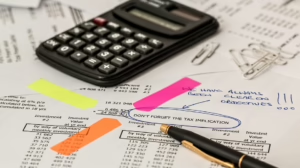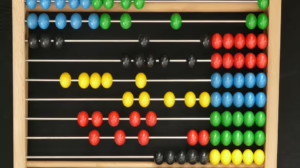Preparing for the Math Test: Resources and Tips for Students
Preparing for a math test can be a daunting task for many students, but with the right strategies and resources, the process can become manageable and even enjoyable. This article will provide a comprehensive overview of effective study techniques, useful resources, and tips that can help students not only prepare for their math tests but also develop a deeper understanding of mathematical concepts.
Understanding the Test Format
1. Know the Structure of the Test
Before delving into study materials, it is crucial to understand the structure of the math test. Tests may vary significantly in format, including multiple-choice questions, open-ended problems, and problem-solving tasks. Understanding the types of questions you’ll encounter will guide your preparation.
2. Review the Syllabus
Consult the syllabus or guide provided by your instructor. This document typically outlines the topics covered and the format of the test. Identify key areas such as algebra, geometry, calculus, or statistics, depending on your grade level and curriculum.
Study Techniques
1. Create a Study Schedule
Establishing a study schedule is essential for effective preparation. Break down the syllabus into manageable sections and allocate specific times for each topic. Spread your study time over several weeks rather than cramming the night before.
2. Active Learning Strategies
Active learning involves engaging with the material in a meaningful way. Here are some strategies:
- Practice Problems: Regularly work through practice problems. Start with easy ones and gradually increase difficulty.
- Group Study: Collaborate with classmates. Teaching others is a powerful method to reinforce your understanding.
- Flashcards: Use flashcards for quick review of formulas and key concepts.
3. Utilize Online Resources
The internet offers a plethora of resources for math study. Websites such as Khan Academy, Coursera, and YouTube channels dedicated to mathematics can provide tutorials, solve problems step-by-step, and offer practice quizzes.
Online Platforms
- Khan Academy: Offers comprehensive lessons and practice exercises.
- Coursera: Collaborates with universities to offer in-depth math courses.
- YouTube: Channels like 3Blue1Brown and Numberphile make math engaging and visual.
4. Focus on Problem Areas
Identify the topics you find most challenging. Spend extra time on these areas, using targeted resources. For example, if statistics is difficult, find specific tutorials or exercises.
5. Review Class Notes and Textbooks
Revisit your class notes and textbooks to reinforce learning. Highlight key concepts, practice problems, and summaries at the end of each chapter.
Practice, Practice, Practice
1. Take Practice Tests
Simulating test conditions with practice tests can help reduce anxiety and prepare you mentally for the actual exam. Use past exams if available or practice questions from your textbook.
2. Time Management
During practice tests, work on managing your time effectively. Allocate specific amounts of time to each section or question and practice sticking to these limits. This will help you gauge your pacing on test day.
3. Analyze Mistakes
After completing practice tests, take the time to review your answers, especially the ones you got wrong. Understand your mistakes and learn how to arrive at the correct answer.
Test-Day Tips
1. Get Adequate Rest
Ensure you get a good night’s sleep before the test. Lack of sleep can impair concentration and cognitive function.
2. Eat a Healthy Breakfast
A nutritious breakfast can improve focus and provide the energy needed for mental tasks. Opt for whole grains, fruits, and proteins to sustain your energy levels.
3. Arrive Early
Give yourself plenty of time to arrive at the testing location. Arriving early can help you settle in and reduce anxiety.
4. Read Instructions Carefully
Once the test begins, read all instructions carefully. Understanding precisely what is being asked is crucial to managing your time and answering accurately.
5. Don’t Dwell on Difficult Questions
If a question stumps you, move on and return to it later. This strategy ensures you have time to answer as many questions as possible.
After the Test
1. Reflect on Performance
After the exam, take some time to reflect on how you performed. Identify what strategies worked well and what could be improved for future tests.
2. Seek Feedback
If possible, discuss your performance with your instructor. They can provide valuable insights on areas for improvement.
Conclusion
Preparing for a math test requires a strategic approach that combines structured study, active engagement, and effective time management. By utilizing online resources, practicing regularly, and employing effective study techniques, students can enhance their understanding of mathematical concepts and improve their test performance. Remember that preparing for math is a cumulative effort and should evolve over time, leading to increased confidence on test day.
References
Through careful preparation, dedication, and utilizing available resources, students can navigate math tests successfully and build a solid foundation for their educational endeavors.


























Add Comment